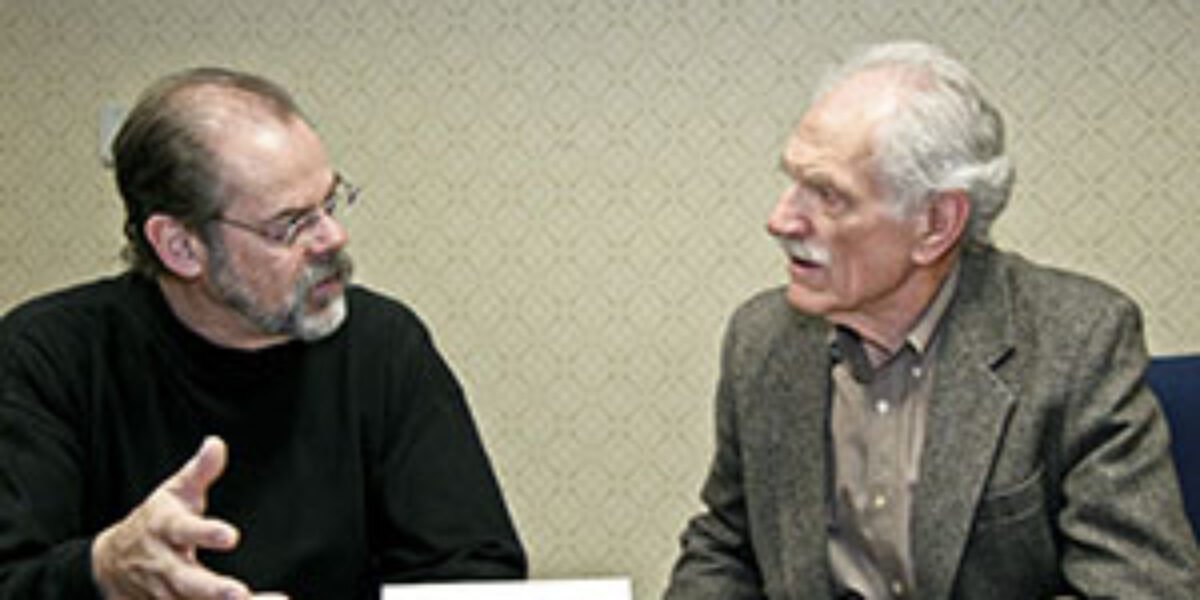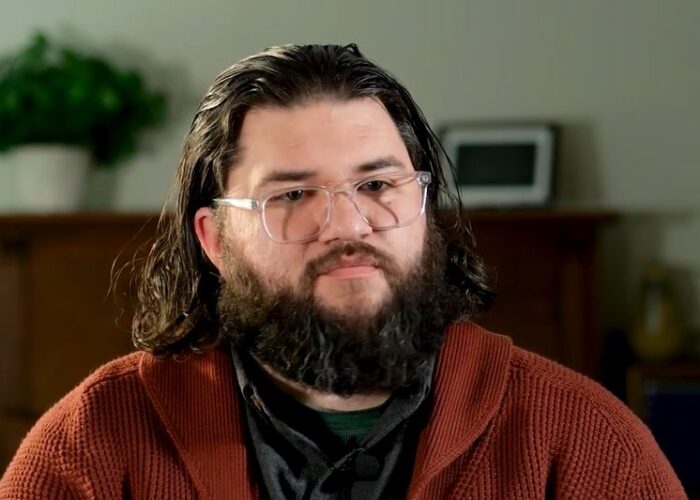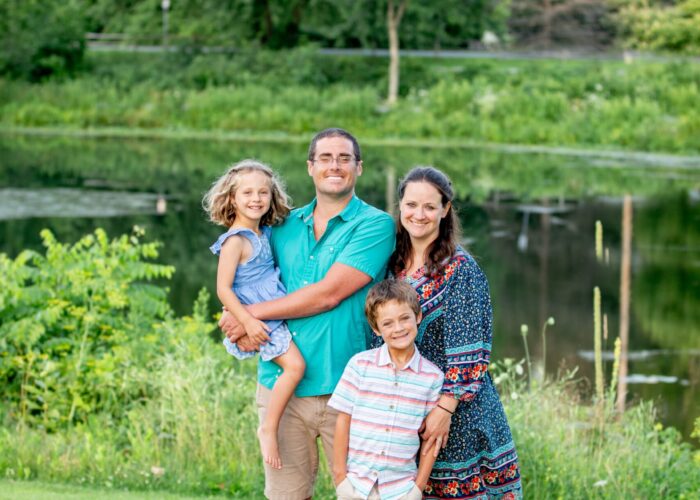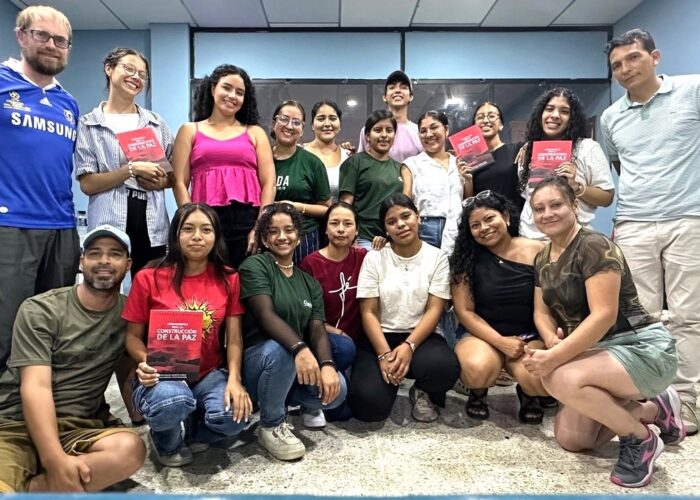HARRISONBURG, Va. – The story of Pax, an Anabaptist-based service program which ran from 1951 to 1975, will premiere on Hallmark Channel November 23 (7 a.m. ET/PT, 6 a.m. CT/MT).
The hour-long Pax Service: An Alternative to War documentary produced by Mennonite Media, a program of Mennonite Mission Network, is about the1,200 young volunteers who did relief and development work in 40 countries around the world, many paying their own way. The Mennonite Central Committee-run Pax effort also was part of the inspiration for United States President John F. Kennedy to launch the long-running Peace Corps program.
Pax Service began as a way to address the housing crisis in Europe after the destruction of World War II. The program was one of the alternative service programs available to conscientious objectors after the U.S. began a military draft in 1950. The draft continued from the Korean War through subsequent Cold War and Vietnam War eras. The TV show covers work in:
- Germany, building houses in rural, forested areas for refugees families from Russia;
Austria, rebuilding a bombed-out historic school building in Vienna (the only Protestant school in Austria). - Greece, helping people in the region of Panayitsa recover from civil war by building an experimental farm and other agricultural development projects.
- Paraguay, working with the Paraguayan military to build the Trans-Chaco road from Asunción to the Chaco, which opened up markets for farmers.
- Congo, building furniture and houses, and traveling to remote villages to encourage and assist villagers to raise rabbits as a source of protein.
The program’s producer Burton Buller, director of Mennonite Media, worked at MCC during part of the Pax period. Buller noted that Pax “stands as a singular example of idealistic young men who refused to kill but were willing to put their lives on the line to make the world a better place. They still serve as an inspiration as the war in Iraq drags on needlessly.”
Ronald Goertzen, of Henderson, Neb., is a farmer who served with Pax in Congo. “It was such a foundational experience … the rest of my life has been built on that foundation,” he said.
James Juhnke, Pax volunteer in Germany from 1958 to 1960 and a retired professor of history at Bethel (Kan.) College ,said he "had a strong sense that it was important for non-resistant followers of Jesus to do a kind of equivalent service to what was being asked of people who went into the military.”
Cal Redekop, author of the 2001 book The Pax Story: Service in the Name of Christ, was one of the driving forces behind the documentary and served as executive producer with the late Al Keim. Former Pax volunteers Walter Schmucker, Orville Schmidt, Arlin Hunsberger, Arlo Kasper and Jim Bixler also participated on the planning committee.
Many individual Pax volunteers funded production of the program. Church of the Brethren; Faith & Values Media, now Odyssey Networks; and Mennonite Media, a program of Mennonite Mission Network, all contributed funds or in-kind staff or facilities.
In the documentary, Redekop recounts one of the early Pax encounters with bureaucracy in Germany as they prepared to build houses for destitute refugees. He needed a permit to cut trees to make way for the houses. Redekop called the town office every day to ask if the permit had been granted. Nothing happened.
Finally, Redekop told the volunteers, “Let’s get the Dodge Power Wagon and just start pulling trees down.” So they did.
Redekop then called the town office and “reported” the guys pulling the trees down. The incensed town official came to the site almost immediately, but the trees were removed so the Pax volunteers could go to work on the houses.
In 2003, 50 years after many of them had begun their Pax assignments, a group of volunteers went on a reunion trip to Europe. Participants learned that they had made much more of an impression than they realized.
Vivi Mavrides in Greece said Pax "was the first time that we saw people of another religion. Even if it was very, very different, it affected my family because we were impressed by the way they lived. We saw good, gentle, helping people.”
The documentary shows how the young men, frequently with no more than high school education, cleaned up rubble, rebuilt homes, dug septic systems by shovel, and made and laid bricks. Later the Pax program expanded to include projects designed to give people a boost through economic development programs.
Along the way the young Pax boys, as they were frequently called grew into men, said Buller. “What struck me in the interviews was how they returned home with an expanded understanding of the world. The rest of their lives would be viewed through their Pax experience.”
Many Pax participants became pastors, administrators, educators in church schools.
Program sponsors wanted not simply to produce a travelogue of the Pax experience or a historical piece, but rather to encourage people, especially youth, to serve in similar programs today.
A DVD of the documentary with bonus material and a discussion guide for adults or youth groups will be available in January 2009. For more information, call 800-999-3534. For more on Pax go to http://www.paxmcc.com/




